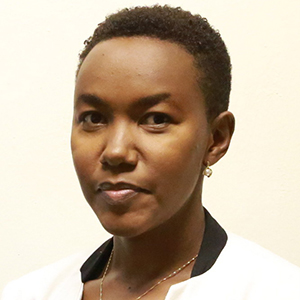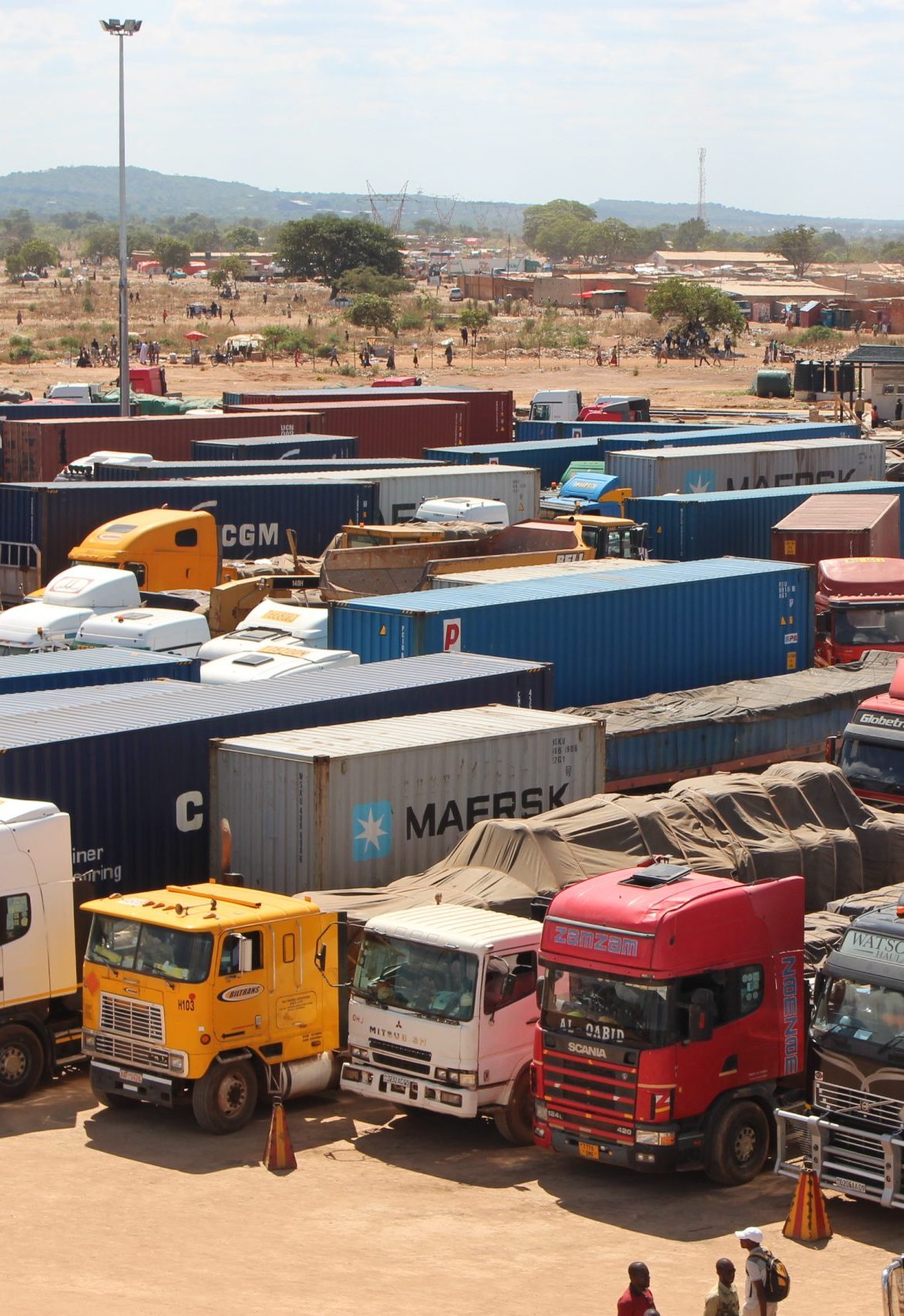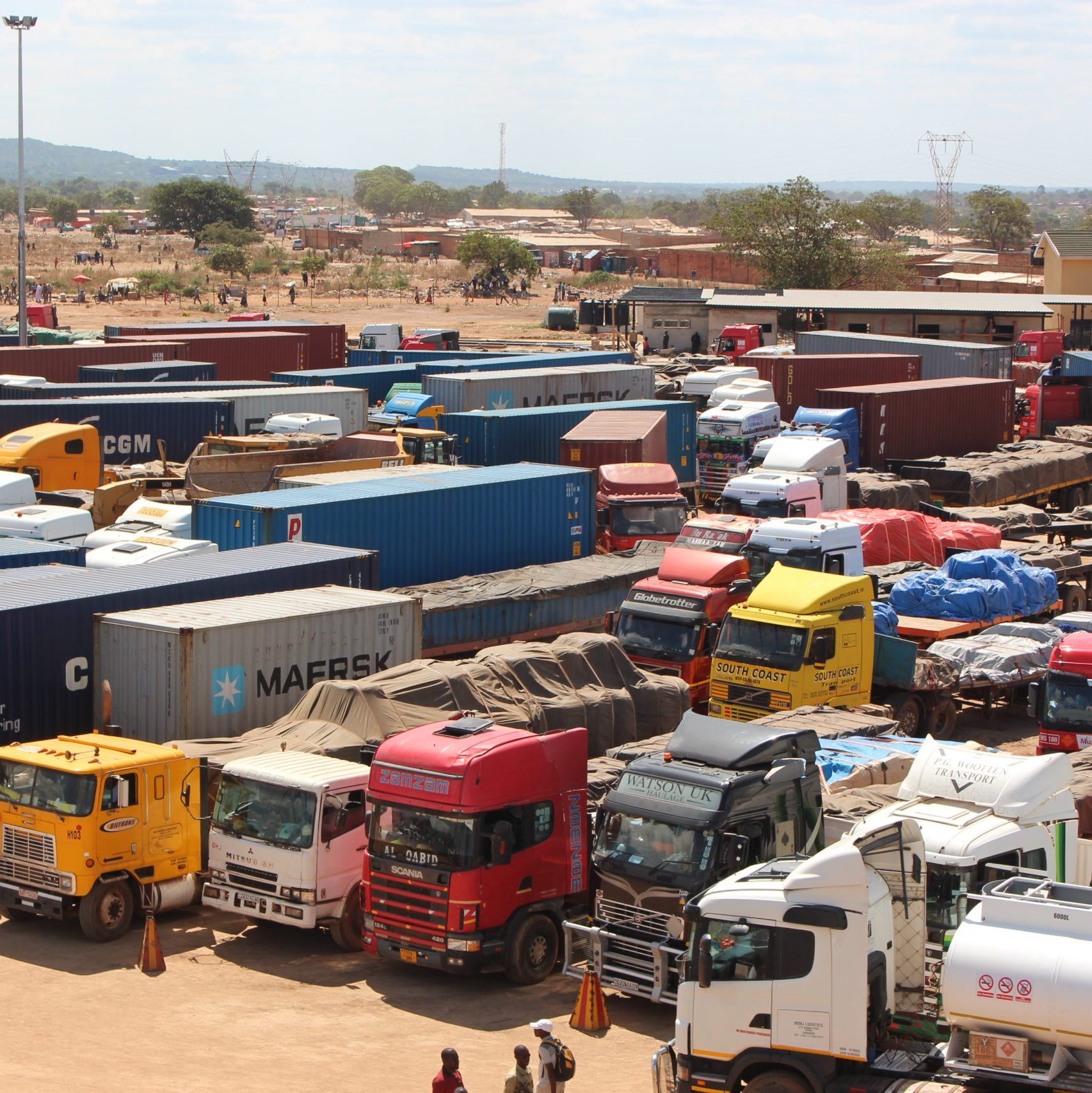Trade & Customs
The main function of the division is to implement programmes to enhance cooperation in Trade, Customs and Monetary Affairs in order to achieve a fully integrated, internationally competitive and unified single economic space within which goods, services, capital and labour are able to move freely across national frontiers. The cooperation programmes aim to achieve the removal of all physical, technical, fiscal and monetary barriers to intra-regional trade and commercial exchanges through the following stages of integration
A Preferential Trade Area (PTA) with lower tariffs applied to intra-regional trade originating in member countries than to extra-regional trade.
A Free Trade Area (FTA), in which no tariffs are levied on goods from other Member States whilst each Member State applies its own regime of tariffs to goods imported from outside the region..
A Customs Union (CU) involving free trade amongst the member States but with a Common External Tariff (CET) according to which every Member State applies the same tariffs on goods from outside the region.
A Common Market (CM) with free movement of capital and labour, considerable harmonization of trade, exchange rate, fiscal and monetary policies, internal exchange rate stability and full internal convertibility.
An Economic Community (EU) with a common currency and unified macroeconomic policy.
The creation of a unified, single economic space will closely link the national economies of the Member States together and significantly increase the degree of economic integration in the region, resulting in profound structural changes in the economies of the Member States. This will strengthen economic interdependence among the member countries, reduce the room for independent policy-making and amplify the cross-border effects of developments originating in each member country. This necessitates effective policy coordination among the Member States, including the pursuit of policies in support of broadly balanced development to complement the creation of the unified market without internal borders. The creation of a zone of increasing monetary stability is also imperative for the achievement of market integration. This entails the pursuit of monetary cooperation with the final goal of a common currency. This, in turn, implies a common monetary policy, a high degree of compatibility of economic policies and consistency in a number of other policy areas, particularly in the fiscal area. The aim is to gear these policies to price stability, balanced growth, rising and converging standards of living, high employment and external equilibrium.The unified economic space with the four freedoms – goods, services, capital and labour – comprises the following basic elements:
– A regional market without internal frontiers within which goods, services, capital and labour can move freely; common policies aimed at structural change and regional development; – Macroeconomic policy coordination competition policy and other measures aimed at strengthening market mechanisms; – Assurance of the total and irreversible convertibility of currencies; full integration of banking and other financial markets; and pursuit of measures for the eventual creation of a monetaryTrade Programmes
- Statistics
- Monetary Co-operation
- Preferential Trade Area
- Customs Union
- Trade In Services
- Trade Performance
- The Free Trade Area
- The COMESA-EAC-SADC Tripartite
- AGOA
- Trade & Tariff Data
- Certificate of Origin
Our Team
Trade & Customs Division’s team

Christopher Hugh Onyango, PhD
Director -Trade & Customs

Alice Twizeye
Senior Trade Officer

Mshuka Kamwela
European Development Fund (EDF) Programme Manager

Tasara Muzorori
Team Leader/Cross Border Trade Expert

Jane Kibiru
Research Fellow- Trade and Customs/Economic and Trade Policy Research

Lameck Tatswareyi
Coordinated Border Management Expert

Charles Chaitezvi
Team Leader- EDF 11 Trade Facilitation Progarmme

Titus B. Nxumalo
Trade in Services Expert–Trade and Customs, EDF 11, Trade Facilitation Programme
 Balness Sumani
Senior Customs Officer
Balness Sumani
Senior Customs Officer
 Sarah Bonakele Ndzinisa
Trade Officer
Sarah Bonakele Ndzinisa
Trade Officer
This post is also available in: العربية (Arabic) Français (French)






